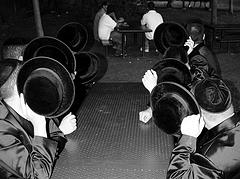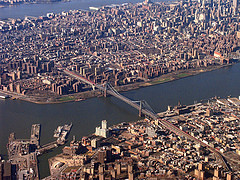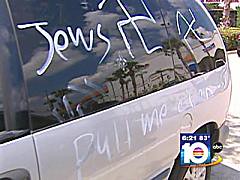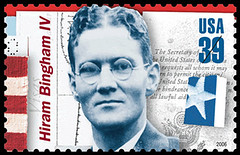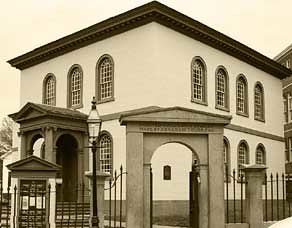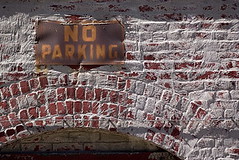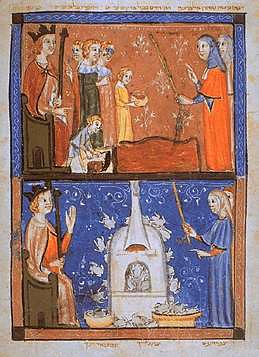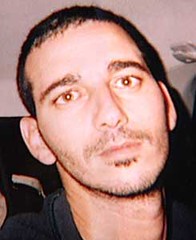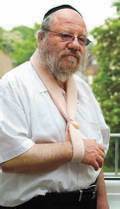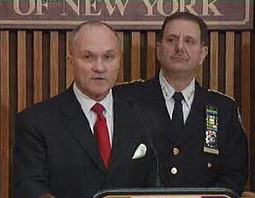Monsey, NY - Rabbi Drops Tax Lawsuit
Monsey, NY - A rabbi will drop a lawsuit he brought against the town of Ramapo when it removed a religious tax exemption from a house he owned.
The lawsuit, which had resulted in a trial begun in state Supreme Court in White Plains, will be dropped by Rabbi Herman Oberlander, whom Ramapo depicted as a landlord profiting from the property. "My client made a decision," said Oberlander's lawyer, Joel Scheinert of Nanuet.
He would not say what prompted the decision to end the dispute, which began in 2004 after the Town Assessor's Office eliminated a 100 percent religious-use tax exemption that had been in effect since 1995. And Ramapo had rejected Scheinert's request to negotiate a settlement. "We were not willing to entertain settlement discussions, because we didn't feel the exemption was warranted," Town Attorney Michael Klein said. Klein said all taxes must be paid going back to 2004.
The house, at 4 Roman Blvd., is assessed at $73,800, which would entail taxes totaling about $11,000 without the exemption. Ramapo assesses at 13.6 percent of market value, making the actual worth of the house about $542,000.
A nonjury trial before state Supreme Court Justice Thomas Dickerson had its first session in March. A second session had been scheduled May 17.
That session was postponed, though, after Scheinert said Oberlander had been ill.
Ramapo had already sent documents to the court showing that Oberlander, while claiming residence at the Monsey house, was also claiming to be a resident of a Miami, Fla., condominium.
Miami-Dade County records show that Oberlander and his wife, Bella, claimed a homestead exemption worth $25,000, which reduced the taxable value of the condominium to $48,736 from $73,736.
During the one trial session in White Plains, Ramapo Deputy Town Attorney Michael Specht questioned Oberlander about the Miami residence, which Oberlander said he occupied some months of the year.
Specht also asked Oberlander about a Brooklyn apartment, which Oberlander said was an office where he had once lived.
The rabbi testified that he shared the Monsey house with two granddaughters and their husbands, whom he described as associate rabbis.
Oberlander told the court that he had about 100 grandchildren, so he couldn't recall the names of the granddaughters living in the house.
